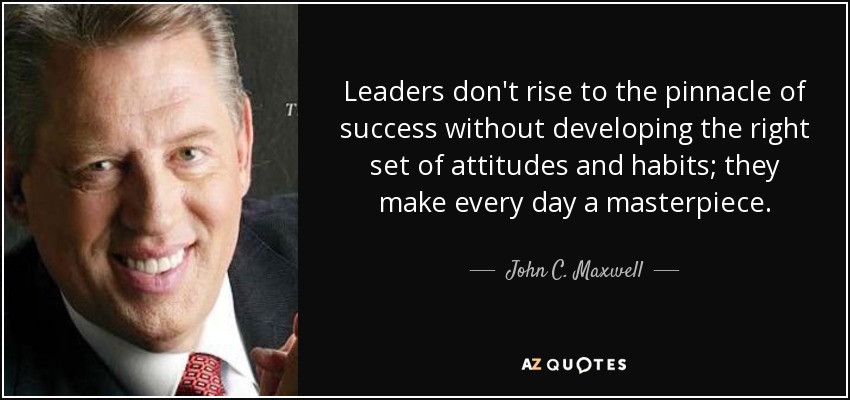During the month of December, I’ve focused on the Christ of Christmas. As we transition from 2017 into 2018, let’s take a look at Christlike Leadership.
William Oakes echoes John Maxwell’s sentiment above and takes it a step further. In his book Christlike Leadership, Oakes encourages us to become more successful leaders by adopting Christlike leadership attitudes at work, at home, and everywhere.
Oakes points to the power of Christlike leadership—a type of leadership that simply starts with an attitude and outlines 14 attitudes that are key to our leadership success.
Click here to learn more.





